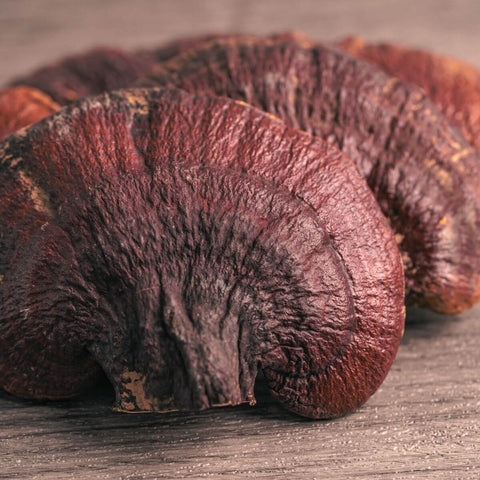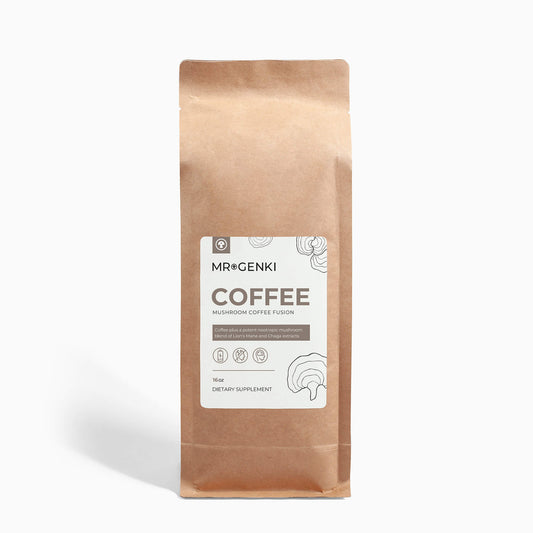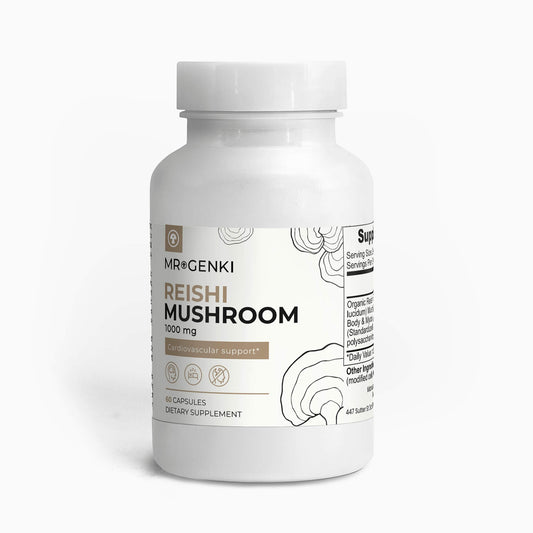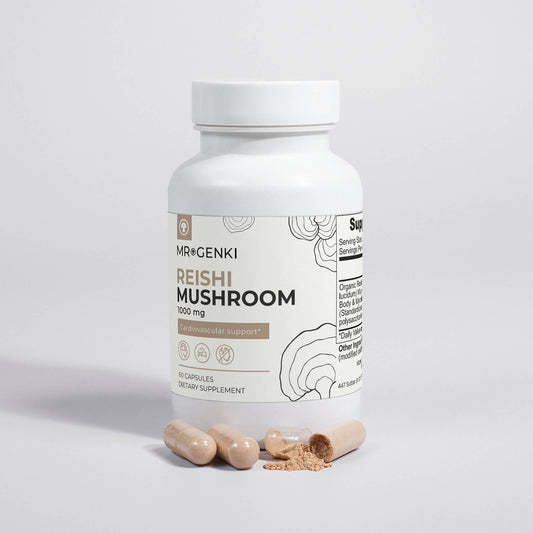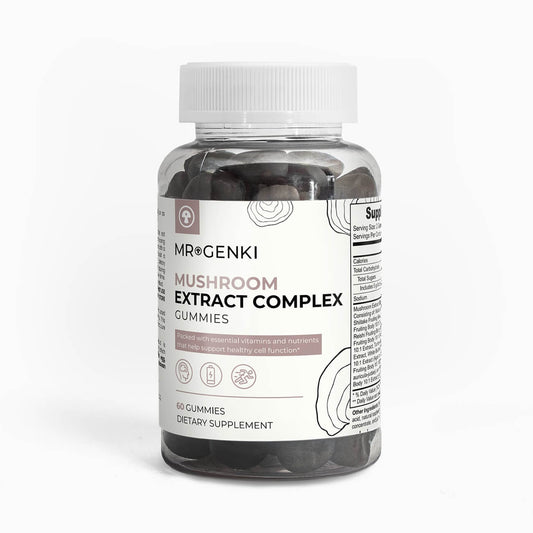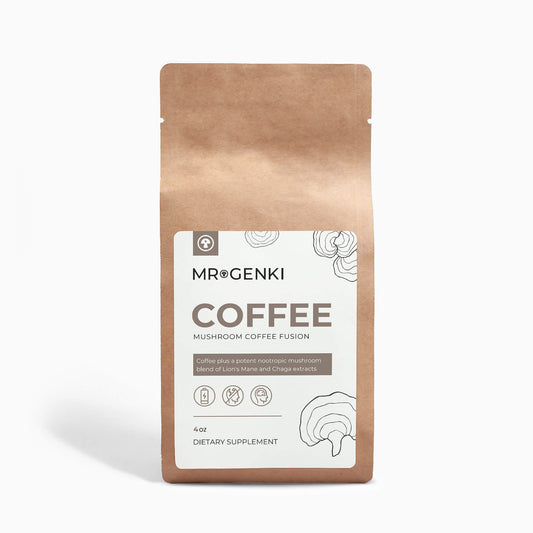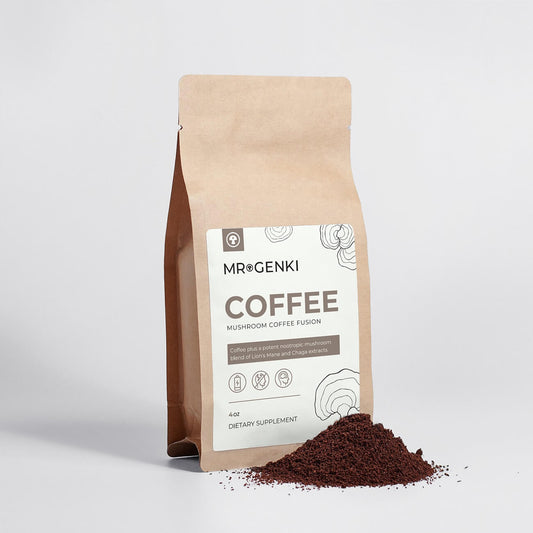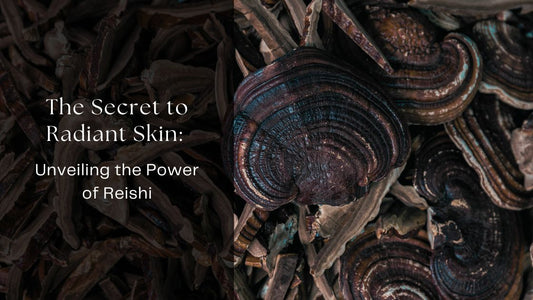Medicinal mushrooms have been revered for centuries for their health benefits, supported by both ancient wisdom and modern science.
This article delves into the world of medicinal mushrooms, exploring the scientific backing, popular types, and practical tips for incorporating these fungi into your daily routine.
Key Takeaways:
| Aspect | Detail |
|---|---|
| Scientific Research | Studies highlight mushrooms' potential to boost immunity, fight inflammation, and support cognitive health. |
| Popular Types | Lion's Mane, Reishi, and Chaga are among the most sought-after for their health benefits. |
| Diet Incorporation | Suggestions include teas, supplements, and culinary uses, emphasizing ease of integration. |
| Potential Side Effects | While generally safe, some individuals may experience adverse reactions, underscoring the importance of moderation and consultation with healthcare providers. |
The Science Behind Medicinal Mushrooms
Research underscores the potent bioactive compounds in medicinal mushrooms, such as beta-glucans, triterpenes, and polysaccharides, which contribute to their health-promoting properties.
Let's delve deeper into the foundational science that underscores the medicinal prowess of these fascinating fungi.
Bioactive Components in Medicinal Mushrooms
-
Beta-Glucans: These are polysaccharides found in the cell walls of mushrooms, known for their potent immunomodulatory effects.
Beta-glucans stimulate the immune system by enhancing macrophage activity, which is crucial for fending off pathogens and potentially cancerous cells.
-
Triterpenes: Found in mushrooms like Reishi (Ganoderma lucidum), triterpenes offer a wide range of health benefits, including anti-inflammatory, antiviral, and hepatoprotective effects.
They are also studied for their ability to lower blood pressure and cholesterol levels.
-
Polysaccharides: Apart from beta-glucans, mushrooms contain other polysaccharides with anti-tumor, anti-viral, and immune-boosting properties. These substances increase the production of white blood cells, which are essential for immune defense.
- Ergosterols: Precursors to vitamin D in fungi, ergosterols contribute to the antioxidant capacity of mushrooms. They help neutralize harmful free radicals in the body, reducing oxidative stress and the risk of chronic diseases.
Mechanisms of Action
The health benefits of medicinal mushrooms are largely attributed to their immunomodulating, antioxidant, and anti-inflammatory properties. Here’s how these mechanisms work:
-
Immunomodulation: Medicinal mushrooms can modulate the immune system's response, enhancing its ability to combat infections and diseases while avoiding overstimulation that could lead to autoimmune issues.
This is primarily achieved through the action of beta-glucans and other polysaccharides.
-
Antioxidant Activity: The compounds in medicinal mushrooms, such as ergosterols and certain polysaccharides, help in scavenging free radicals.
This reduces oxidative stress, which is linked to various chronic diseases, including cancer and heart disease.
-
Anti-inflammatory Effects: Inflammation is a natural response to injury or infection, but chronic inflammation is associated with numerous diseases.
Compounds in medicinal mushrooms, including triterpenes, have been shown to possess anti-inflammatory properties that help mitigate this chronic inflammation, contributing to overall health.
Research Highlights
Studies have demonstrated the therapeutic potential of medicinal mushrooms in various contexts:
-
Cognitive Health: Lion's Mane (Hericium erinaceus) has been shown to support brain health by enhancing nerve growth factor (NGF) production, which may help improve cognitive function and potentially slow the progression of neurodegenerative diseases.
-
Cancer Research: Certain mushrooms, like Reishi and Turkey Tail (Trametes versicolor), have been studied for their potential to support cancer treatment by boosting the immune system and combating the side effects of chemotherapy.
- Cardiovascular Health: Components in mushrooms such as Reishi have been found to have cardioprotective effects, including lowering blood pressure and reducing cholesterol levels, which are important factors in heart disease prevention.
Medicinal mushrooms represent a promising area of research with the potential to offer supportive roles in the treatment and prevention of many health conditions.
The ongoing scientific investigation into these fungi continues to uncover the complex interactions between their bioactive components and human health, underscoring the importance of integrating traditional knowledge with modern scientific inquiry for holistic wellness approaches.
What are the most popular medicinal mushrooms?
The world of medicinal mushrooms is vast, but a few varieties stand out due to their significant health benefits and popularity in scientific research and traditional medicine. Here's a closer look at some of the most popular medicinal mushrooms:
Lion's Mane (Hericium erinaceus)
Lion's Mane is unique for its support of brain health and cognitive function. It contains compounds that stimulate the production of Nerve Growth Factor (NGF), crucial for the growth and maintenance of neurons.
Research suggests Lion's Mane may improve memory, focus, and nerve regeneration, making it especially interesting for addressing cognitive decline and neurodegenerative diseases.
Reishi (Ganoderma lucidum)
Reishi, known as the "mushroom of immortality," is revered for its immune-boosting and stress-reducing properties.
It contains triterpenes and polysaccharides that support immune function, reduce stress, and improve sleep quality.
Its adaptogenic qualities make it a go-to for enhancing overall well-being and longevity.
Chaga (Inonotus obliquus)
Chaga stands out for its antioxidant properties, supporting immune health and reducing inflammation. It's rich in 1,3/1,6-beta-glucans, triterpenoids, and polyphenols, contributing to its ability to fight oxidative stress and possibly reduce the risk of chronic diseases. Chaga has been studied for its potential anti-cancer properties and support for skin health.
Cordyceps (Cordyceps sinensis)
Cordyceps is famed for its energy-enhancing and performance-boosting effects.
Traditionally used to improve stamina and endurance, it contains unique compounds like cordycepin, which may increase oxygen uptake and ATP production, thereby enhancing physical performance and recovery.
Cordyceps is popular among athletes and those seeking to boost their vitality and respiratory health.
Turkey Tail (Trametes versicolor)
Turkey Tail is highly regarded for its immune-enhancing properties, particularly in the context of cancer treatment support.
It's rich in polysaccharide-K (PSK) and polysaccharopeptide (PSP), which have been shown to stimulate the immune system and may improve the survival rates of cancer patients. Its prebiotic effects also support gut health, further bolstering its immune-supporting capabilities.
These mushrooms offer a range of benefits from cognitive and immune support to anti-inflammatory and antioxidant effects.
Incorporating Medicinal Mushrooms into Your Diet
Medicinal mushrooms can be easily added to your diet through supplements, mushroom-infused coffees, and culinary preparations.
For example, Lion's Mane and Chaga mushroom coffee offers a unique blend of cognitive and antioxidant benefits without the caffeine crash.
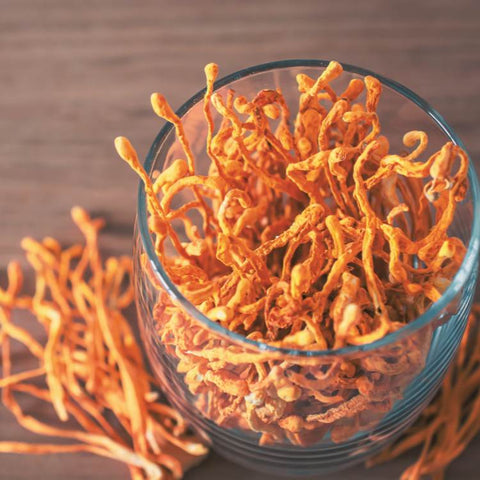
Potential Side Effects
While medicinal mushrooms offer numerous health benefits, it's essential to be aware of potential side effects, such as digestive discomfort or allergic reactions in sensitive individuals.
Always start with small doses and consult healthcare providers if you have specific health conditions or concerns.
Conclusion
Medicinal mushrooms present a fascinating intersection of traditional wisdom and modern science, offering a natural avenue to enhance health and wellness.
By incorporating these fungi into our diets and understanding their benefits and potential side effects, we can make informed choices towards a healthier lifestyle.
Explore Mushroom Science on MrGenki for more insights into the potent benefits of medicinal mushrooms, and visit MrGenki's blog for additional information and updates on the latest research and trends in the world of functional mushrooms.


